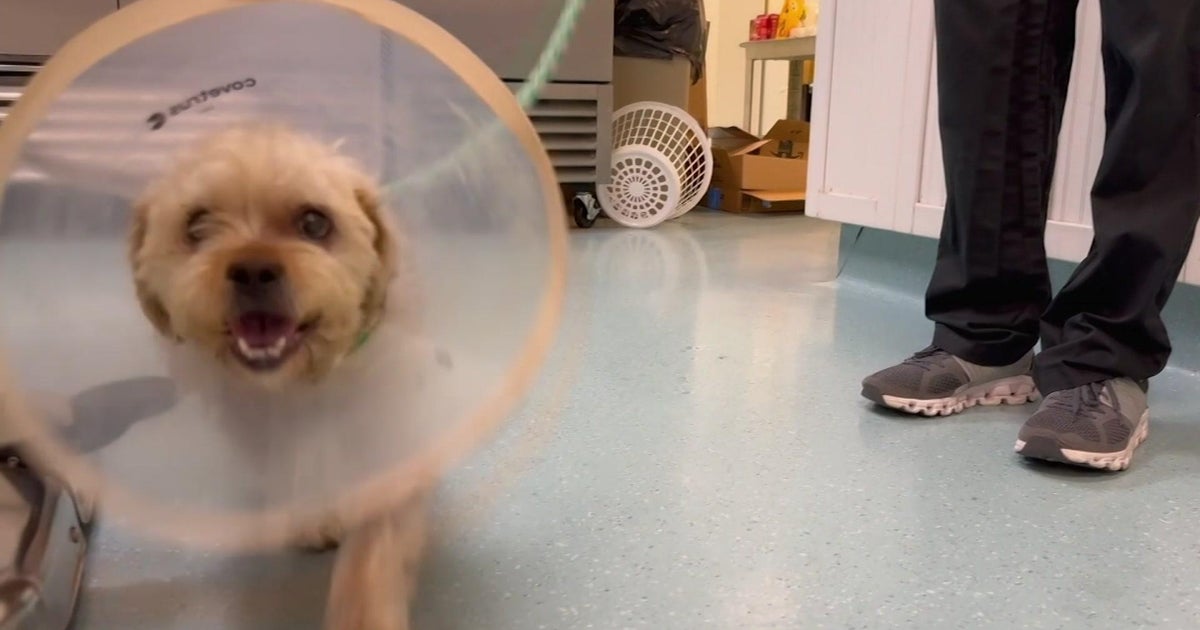Cooling Therapy Could Help Babies At Risk
Follow CBSMIAMI.COM: Facebook | Twitter
MIAMI (CBSMiami) – A mother's instincts tell her to keep her baby warm. But doctors have found some newborns need to cool down. They're using a technique called cooling therapy and it could save a child's life.
"The day you're born might be the riskiest day of your life," said neonatologist Dr. Michael Prendergast. "For most babies, thankfully this is a wonderful and healthy event but for some babies this is complicated by a period of reduced blood supply to the brain."
In an attempt to protect brain injury, doctors are now doing something that might sound strange. Within hours of birth, they're wrapped in cooling blankets to lower their body temperature about four degrees below normal. It's called therapeutic hypothermia or cooling therapy.
"This therapy can reduce the risk of major injury that could otherwise lead to death of significant disability in the form of cerebral palsy by 35 percent," explains Dr. Prendergast.
"When she was born she wasn't breathing," said Heidi Boucher as she recalled some scary moments around the birth of her daughter, Annie. "Because I had a normal pregnancy you don't think about things going wrong."
But things did go wrong and there were concerns that Annie might be having seizures. Doctors told Heidi and her husband, Matt, that cooling therapy might help.
"We were just really scared but we knew the medical experts were recommending all of this," says Heidi. "We said we may as well go with their advice. We're so glad we did."
That's because 16 months later, Annie is hitting all her developmental milestones.
"She is on the early end," says Heidi, "She walked before her first birthday."
Welcome news to the doctors who cooled her down in those first few days of life.
"This therapy is a therapy that lasts a lifetime," says Dr. Prendergast.



